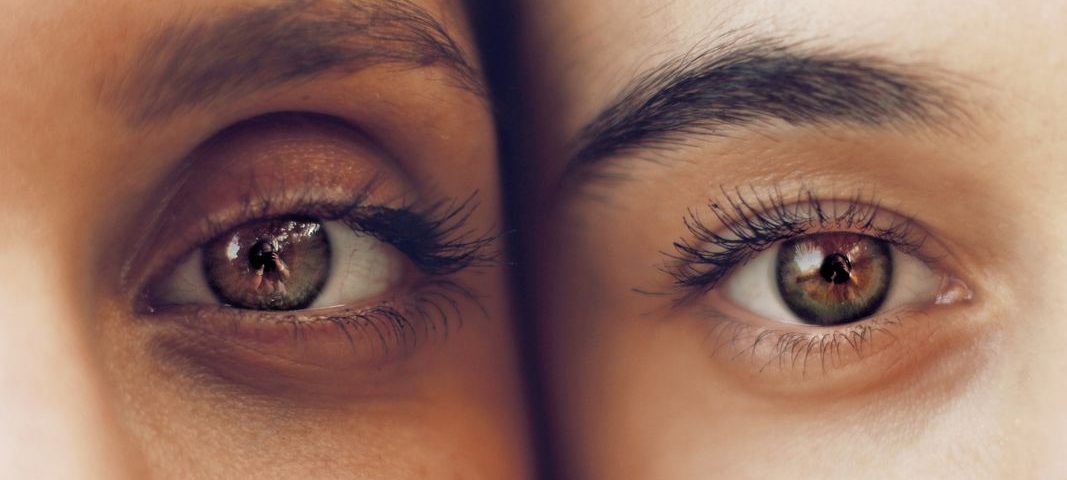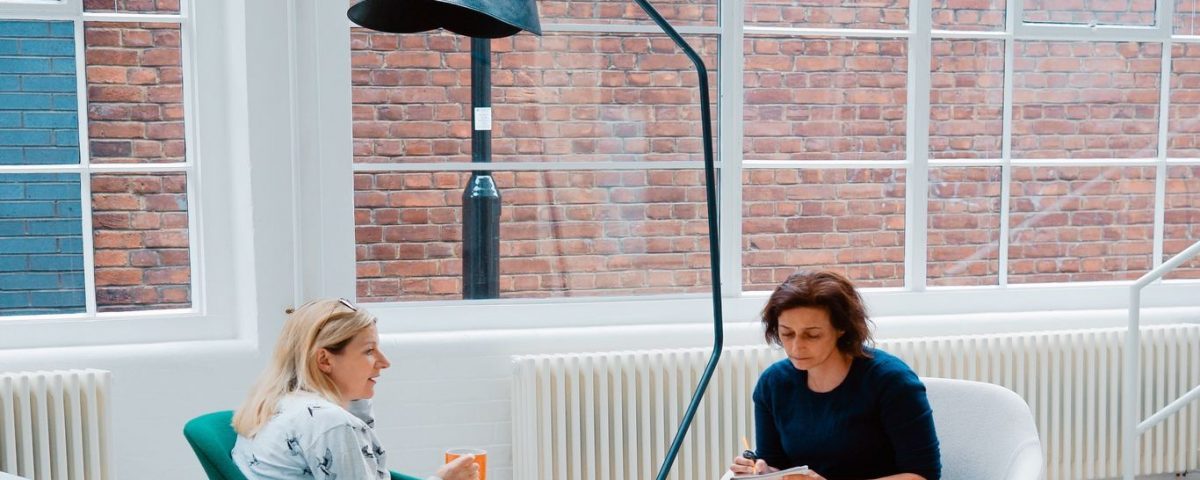Sometimes people take the terms counselling and psychotherapy to mean the same thing. This is perfectly understandable – after all the language around therapy is full of overlapping, interchangeable and even nonsensical words. While we’ve addressed the difference between psychology, psychiatry and psychotherapy previously, it’s also important to explain the subtle differences that make counselling a distinct practice all of its own.
The similarities between counselling and psychotherapy are numerous – both aim to improve the lives of clients through talking and confronting issues in day to day life, although they have different approaches. However, there are a few key differences that separate them from each other and make them suitable for different situations, and they are regulated by different authorities – The British Psychologist Society (BPS) for clinical psychologists, and the UK Council for Psychotherapists (UKCP) for clinical psychotherapists.
Goals
The first main difference are the aims of the two practices. Technically any piece of advice is ‘counsel’, whether it’s a bank manager suggesting the best way of saving money or a friend discussing relationship issues. The outcome of counselling is to provide actionable solutions to these issues. In mental health this normally involves implementing behavioural changes that can be used in real-life situations. For example, a couples counsellor might suggest that a couple are better off confronting their issues head-on instead of keeping their concerns bottled-up in the home.
On the other hand psychotherapy looks deeper, aiming to provide an understanding of why issues exist in the first place. Where one half of the couple to visit a psychotherapist, they might discover that they avoid confrontation due to an aggressive sibling dynamic or abusive carers growing up. This can be useful for changing people’s thought patterns and their way of seeing themselves in the world. To use a simple analogy, counselling is like the sticking plaster you put on after falling off a bike. Psychotherapy, on the other hand, looks at why you fell in the first place – giving you the insight to avoid injuring yourself again.
Length of time and structure
Counselling is generally prescribed for a fixed number of sessions while psychotherapy is an ongoing process, often carrying on for years. This means that counselling is typically much more structured, with less room to explore thoughts and avenues compared to psychotherapy. This structure lends itself well to teaching the techniques that help to directly alleviate issues.
Meanwhile the freeform nature of psychotherapy means that problems can slowly unfurl themselves, often through seemingly unrelated streams of thought. The result is that psychotherapy can be incredibly useful for addressing the way a person views the world in full, achieving a broader understanding than only counselling might do.
Environment
Psychotherapy tends to be carried out with only the individual and a therapist present. This gives a safe space to air thoughts without the fear that perceived judgement brings. Likewise, much counselling also takes place one to one, although not always. Couples counselling is the most common form of group therapy, allowing a therapist to witness a relationship dynamic first hand and offer appropriate counsel. This can be especially useful because unlike friends, family and co-workers, a therapist won’t be biased towards one party – viewing the situation in a completely objective manner.
Larger group counselling is another option that proves effective for those dealing with similar issues. The feeling of being able to air concerns without struggling alone can often be liberating, forming a sense of shared purpose and positive momentum that individual therapies don’t provide. Typically numbering between six and twelve members, these therapies also allow people to put techniques for interacting with each other into practice without judgement. As a result they are sometimes suited for those with antisocial or anxiety based disorders.
Training
It should be noted that psychotherapists will often offer counsel during therapy. In this regard, many of them are also trained counsellors. However, they use counselling as one of many tools and will focus much less on it than one might in a dedicated counselling session. To confuse things even more a psychotherapist might choose to call themselves a counsellor and vice versa, depending on the services they specialise in.
Generally speaking, it takes longer to learn the multiple techniques and gain the expertise needed to carry out high-quality psychotherapy. It’s for this reason that a professional with over two years experience will tend to be known primarily as a psychotherapist. They may still offer the option of short-term treatment through various counselling sessions though.
Who they aim to help
Counselling is normally preferred by those who can identify a link between their issues and a distinctive cause. A simple example would be grief counselling – a loss has resulted in emotional trauma, and while it cannot be reversed, counselling aids individuals in coming to terms with the event. However sometimes a person may experience a depression with no immediately obvious cause; in these cases psychotherapy is a better option, helping the root of the matter to be understood and addressed. At its core, the difference between counselling and psychotherapy can be distilled by grouping them according to their outcomes – the former seeks to manage issues, the latter aims for resolution.
A Summary
| Counselling | Psychotherapy | |
| Main focus | On the Present | In the Past |
| Time-frame | Short term | Ongoing |
| Format | Semi-structured | Freeform |
| Looks for | A Solution | Understanding |
| Addresses issues | On a surface level | Deeply |
| End aim | Management of issues | Resolution of issues |
| Session size | Group or individual | Normally individual |
Which should you choose?
Ultimately there is no definitive answer to which kind of therapy you should choose. Both counselling and psychotherapy have been proven effective for a number of issues including depression, anxiety and mood-disorders. The most effective treatment will always depend on the exact circumstances, the issues faced and even personal preference. At Psytherapy we pride ourselves in delivering the best bespoke treatment for every client, so if you’re considering counselling or psychotherapy get in touch with us for expert, confidential advice.


 Back to all posts
Back to all posts


























